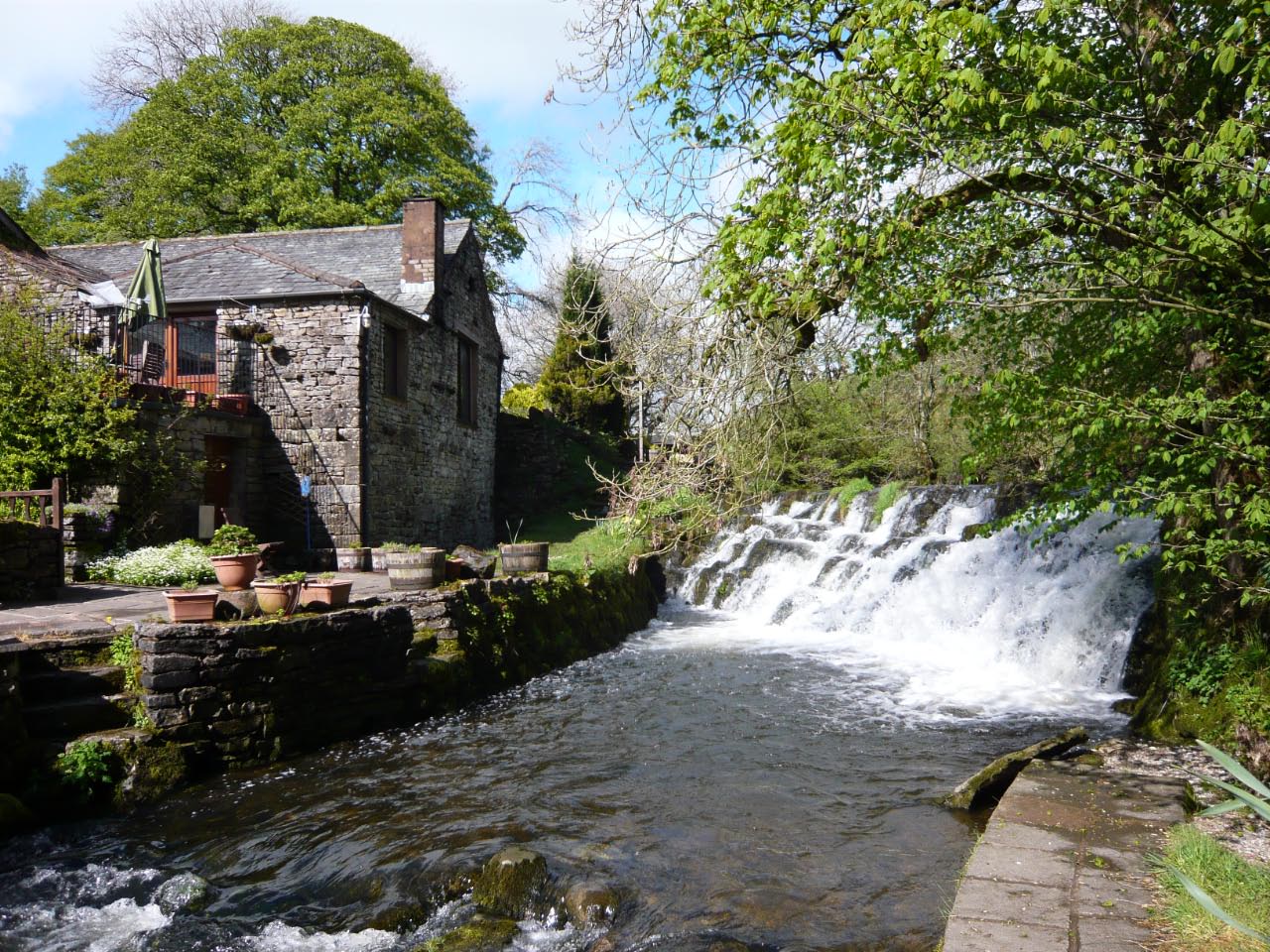Stanford psychophysiology lab research on emotion regulation
Last updated on 24th October 2009
Last week I talked about coming across Srivastava and colleagues' paper (Srivastava, Tamir et al. 2009 - see below) on the social costs of emotional suppression. This led me to Srivastava's lab at the University of Oregon. It's then an easy jump to James Gross's Psychophysiology lab at Stanford University (see below). The Stanford lab is a hive of activity with research projects in a whole series of fascinating areas . A key focus is work on emotion regulation - its neural basis, emotional & social consequences, and relationship with personality. Their "process model of emotion regulation" suggests that " ...

